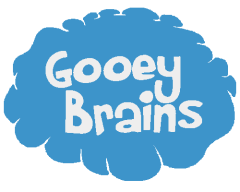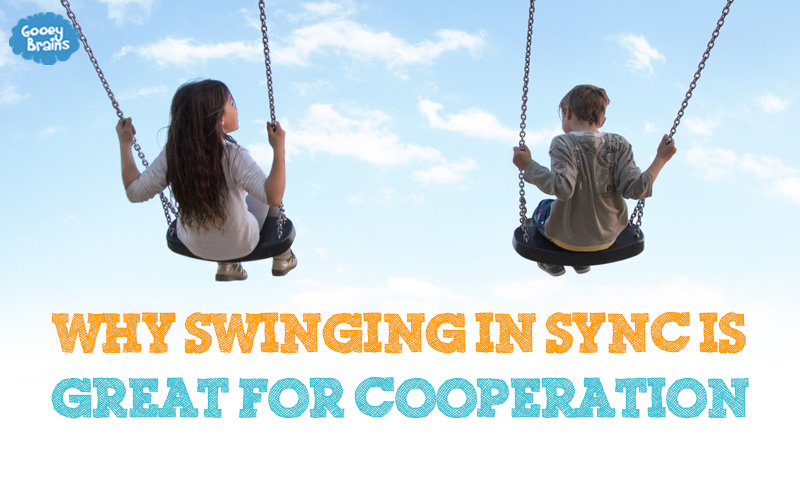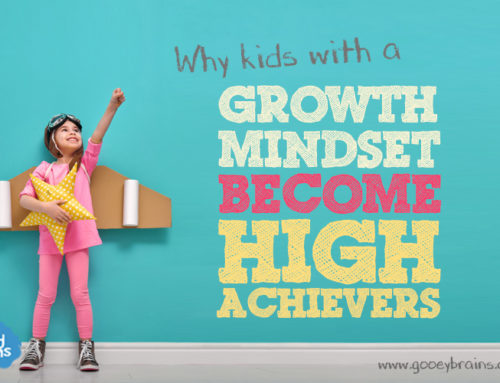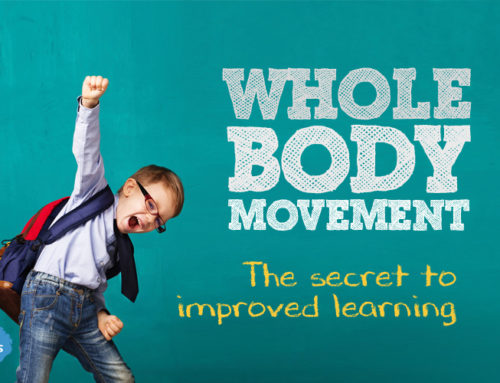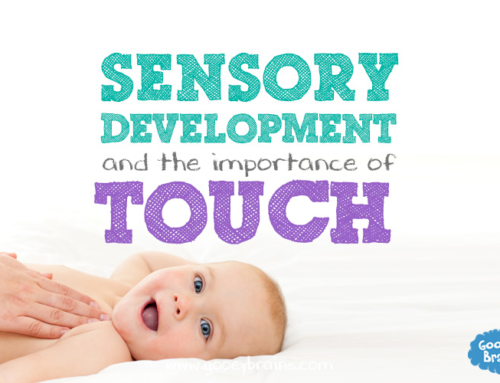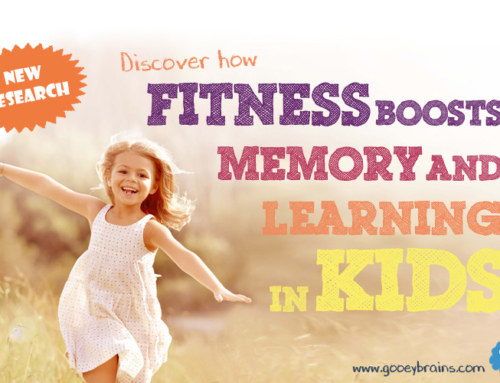Cooperative learning is a very important developmental skill that needs to be established in childhood. Cooperative learning allows children to collaborate and work together to achieve goals or to solve problems. When children who are good cooperators can listen to each other without interrupting. They are more encouraging of others joining their game or activity. They can more effectively take turns. They can switch roles during play from a leader to a follower. They may be better at solving problems in a calm way and they have a better focus on group goals and team success.
What are some cooperative learning examples?
Cooperative learning skills are important because they improve social skills (getting along) and problem solving. They allow children to work together to achieve goals that they could not achieve on their own. They help children to integrate into formal setting like school or sports programs.
So, if you would like to help your child to improve their Cooperative learning skills, then why not try some synchronous movement? Moving in time to another person or in time to music is an easy way for you to make a big difference in their development.

Journal Reference:
- Tal-Chen Rabinowitch, Andrew N. Meltzoff. Synchronized movement experience enhances peer cooperation in preschool children. Journal of Experimental Child Psychology, 2017; 160: 21 DOI: 10.1016/j.jecp.2017.03.001
